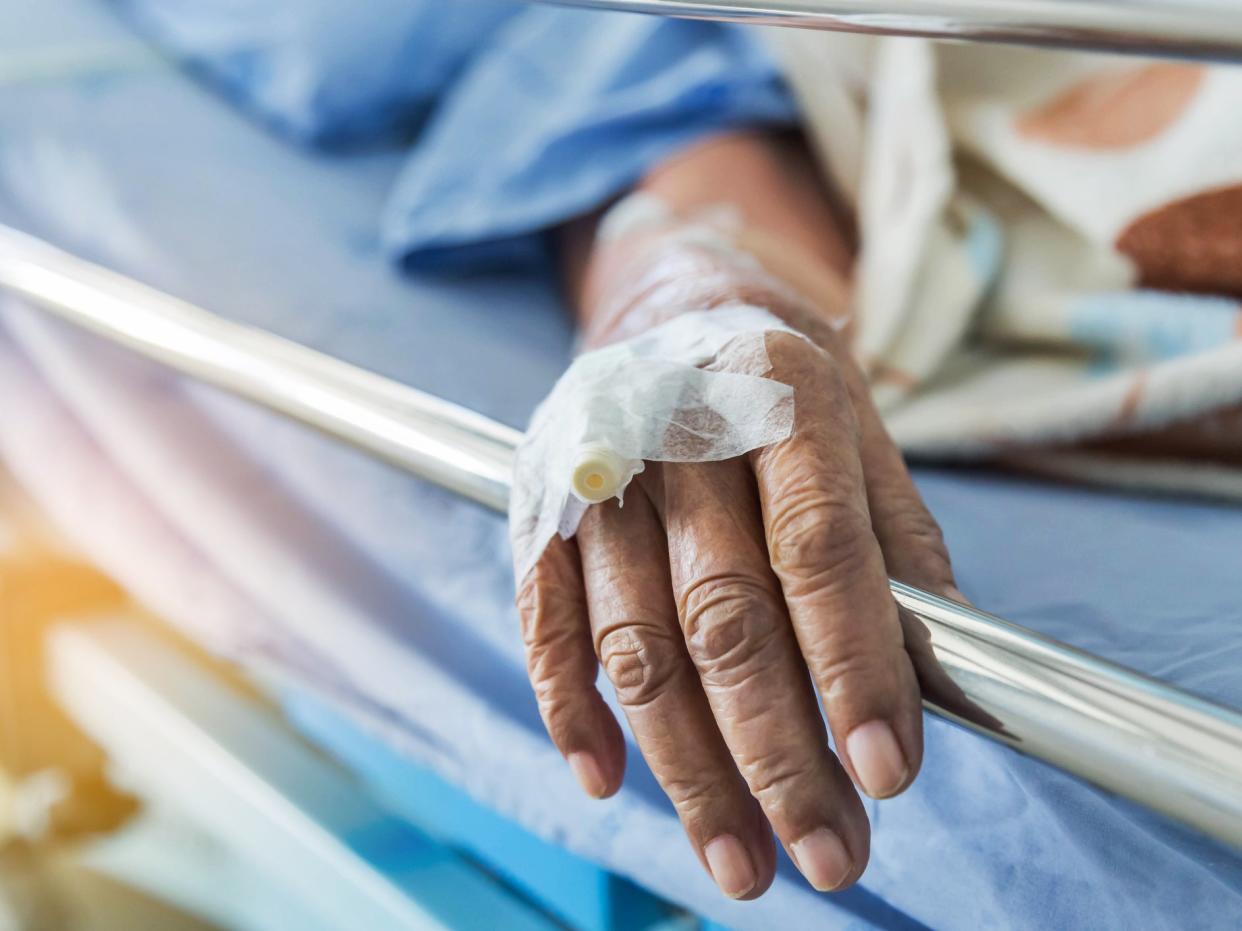Study reveals the most common serious safety errors on hospital wards

A study examining more than 370 severe harm incidents and deaths in NHS hospitals over 10 years has highlighted the risks to patients from fragmented care on busy wards and shortages of staff.
The new study of safety incidents on acute medical wards, where some of the most unwell patients outside intensive care are treated, found the most common incidents reported by staff included mistakes in diagnosing what was wrong, medication errors and a failure to monitor sick patients who later deteriorated.
But the research, published today in the Journal of the Royal Society of Medicine, also detailed contributory factors to the 377 mistakes which included poor communication between staff when they handed over to colleagues, an increase in the ratio of patients per doctor and less staff available out of hours.
It found the handover and care transfer of patients and what it described as “diagnostic cognitive overload and staffing levels” could be important factors.
Researchers at Cardiff University and University College London said efforts to improve safety should include rolling out more electronic prescribing systems to reduce drug errors as well as increased out-of-hours support for junior doctors.
Acute medical units were championed in 2004 by the Royal College of Physicians to help relieve pressure on A&E departments.
The researchers looked in detail at 377 safety incidents where a patient died or was left severely harmed as a result of mistakes between 2005 and 2015. They found the most common incidents were diagnosis errors, with 79 occurrences. There were 61 medication-related errors and 57 mistakes in monitoring patients where more than half later died.
The study said a common theme was a lack of “active decision-making and communication between teams”, adding: “Errors occurred due to a lack of clarity regarding responsibilities for patient care coordination, especially during emergency situations or out of hours. Poor documentation of long-term management plans and no reliable review system to ensure follow-up by the most appropriate teams contributed.”
It continued: “Lack of continuity of care between different locations in the hospital was described in 36 reports, commonly overnight. Errors in continuity of care included lack of necessary treatment, failure to follow management plans, results not acted on appropriately, and observations not done or acted upon.
“Our analysis shows the system relies on the most junior doctors and staff members seeing patients first. A lack of experience led to problems recognising acutely unwell patients, selecting appropriate proformas to use or accessing senior help.”
Researchers said many of the medication mistakes happened overnight, with incident reports mentioning a lack of out-of-hours pharmacy support. The study added: “Higher patient–doctor ratios and decreased senior presence could explain increased risk of incidents overnight.”
Lead researcher Dr Andrew Carson-Stevens, clinical reader in patient safety and quality improvement at Cardiff University's school of medicine. said: “The reports in this study came from frontline healthcare professionals over a 10-year period and our detailed analysis highlights where acute medical units can review their existing systems to ensure they are as safe as possible.”
One of the themes running through the incident reports was the dependence on individual people and patients to advocate for their care and to remind staff about tests and referrals.
Sarah Yardley, from University College London, said: “Patients who were unable to self-advocate due to their illness or other vulnerabilities were often overlooked due to system pressures and may be most at risk.”
Read More
Lack of doctors not to blame for higher weekend hospital deaths, landmark study shows
Patient safety at risk as NHS struggles to cope with summer crisis, warn healthcare bosses
Scientists discover 300 gene variations that influence the age women begin menopause
High pressure oxygen treatment for Covid patients meant fewer needing to be ventilated

 Yahoo News
Yahoo News 